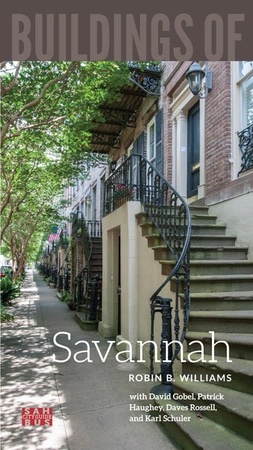
With a blue-and-white Vitrolite and Vitrolux facade, as well a curved, stainless steel—clad, cantilevered canopy above a curved glass window, and a neon sign, this former Greyhound Station is exemplary of the bus company’s exuberant proto-streamlined designs and the work of one of its leading designers in the 1930s. Significantly smaller than today’s buses, coaches would enter through the opening on the right, pull into one of three loading bays, and exit through the rear. The front room originally served as a restaurant. The recent restoration, carried out by Bloomquist Construction, included replicating the lost and damaged Vitrolite facade and vertical blade sign.

